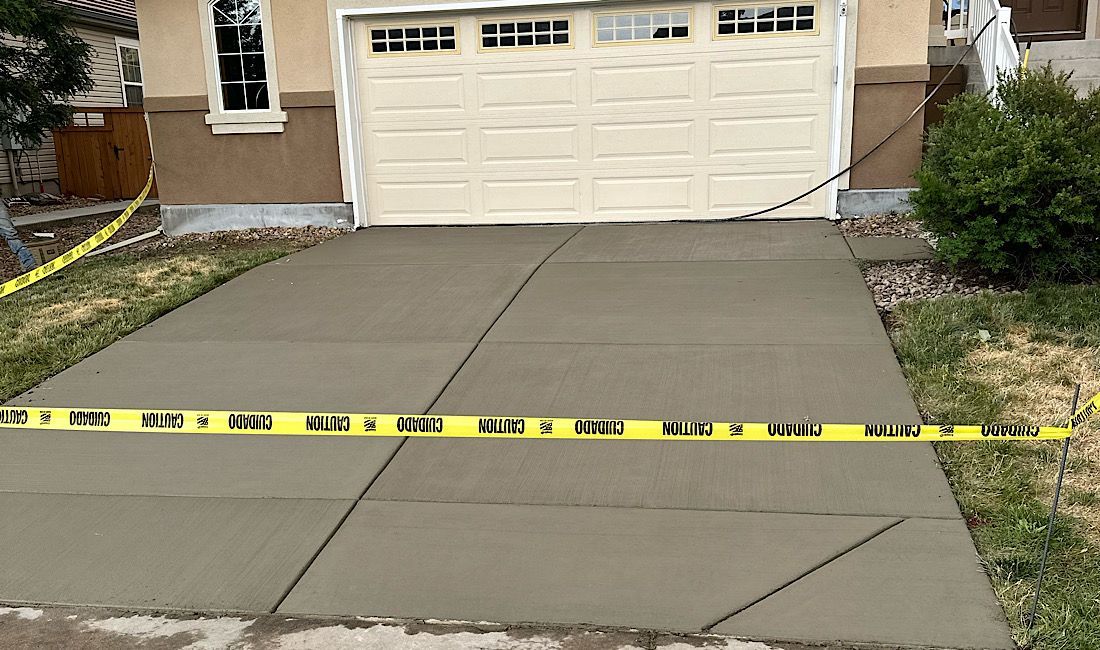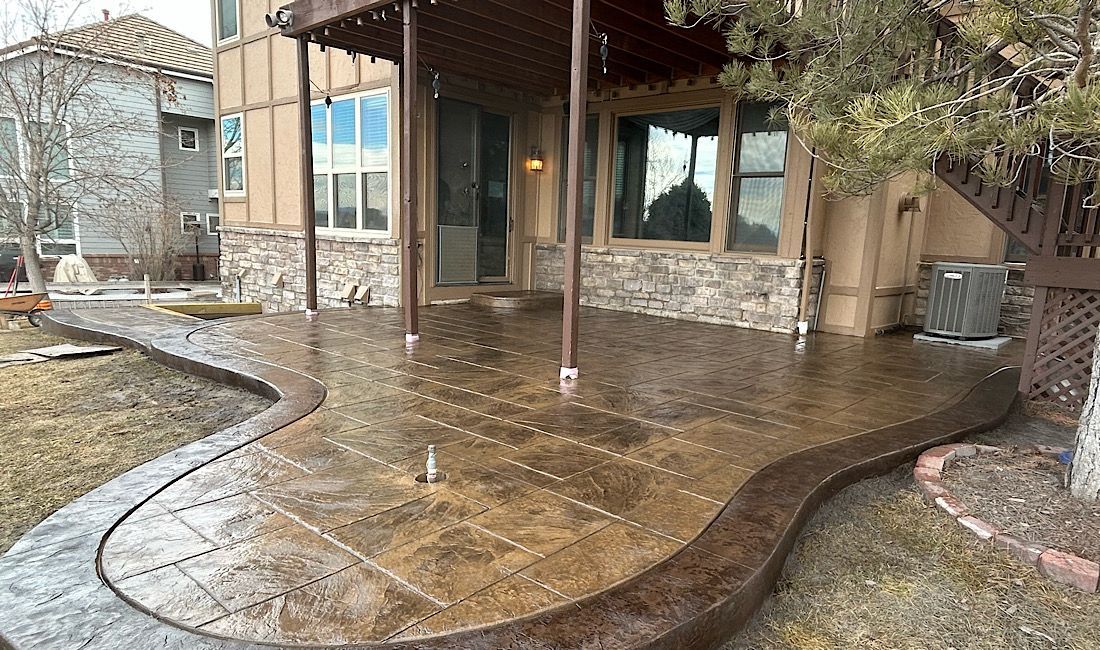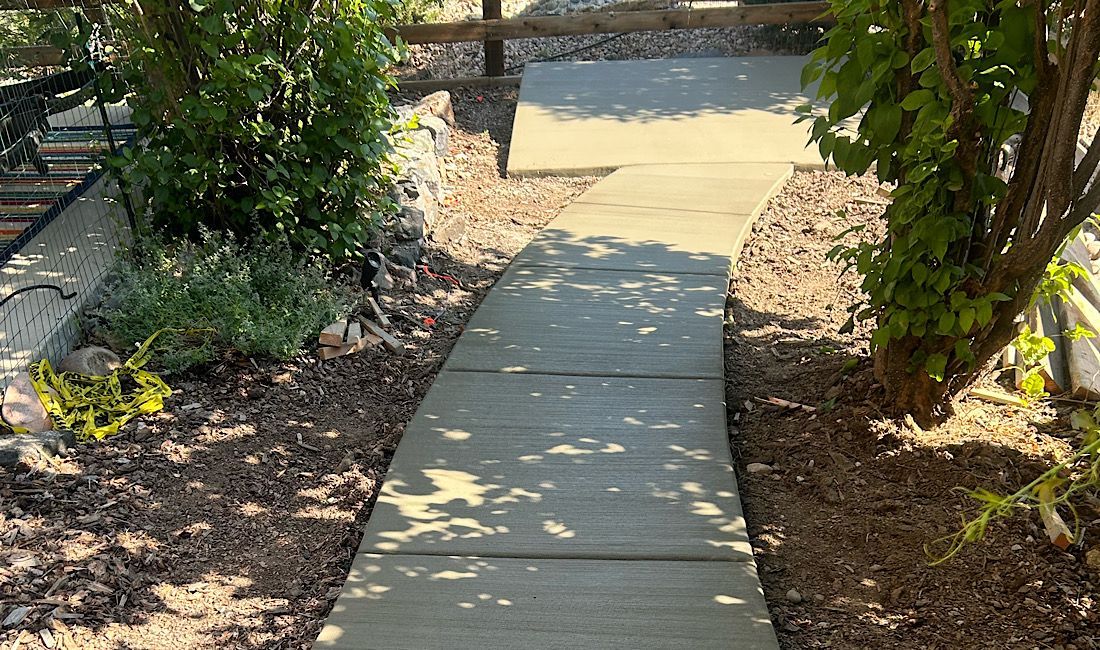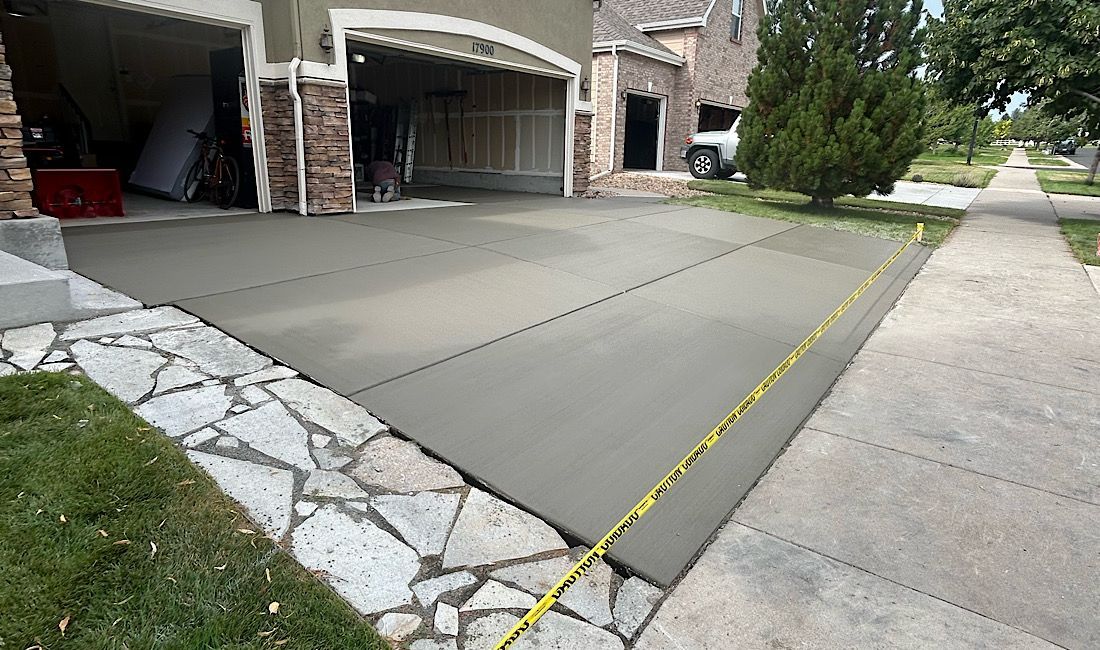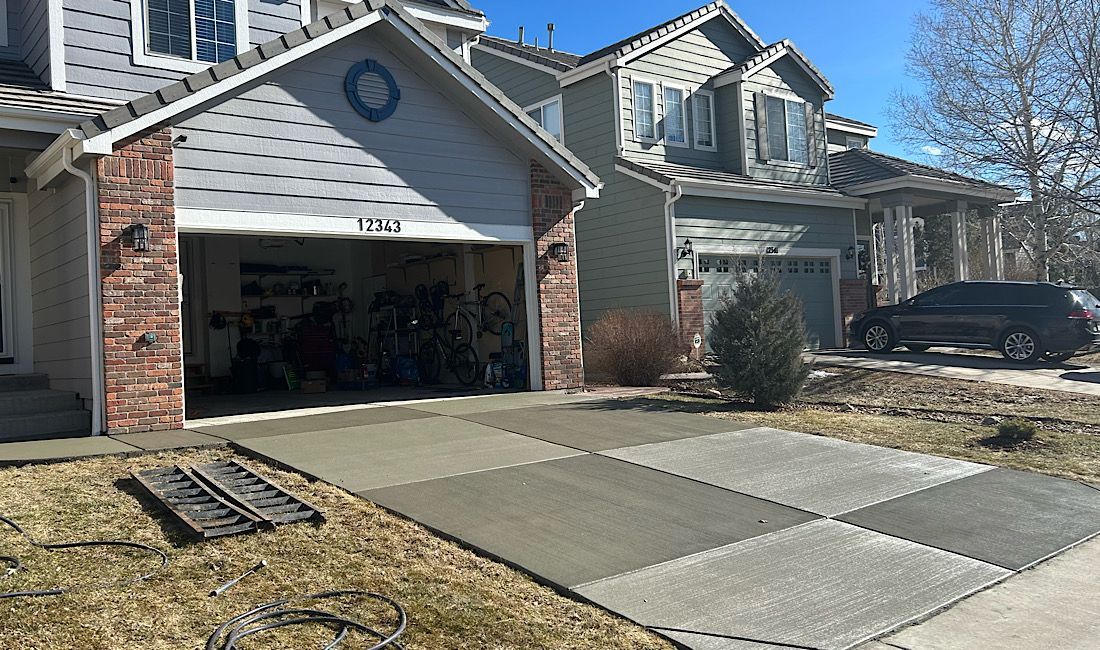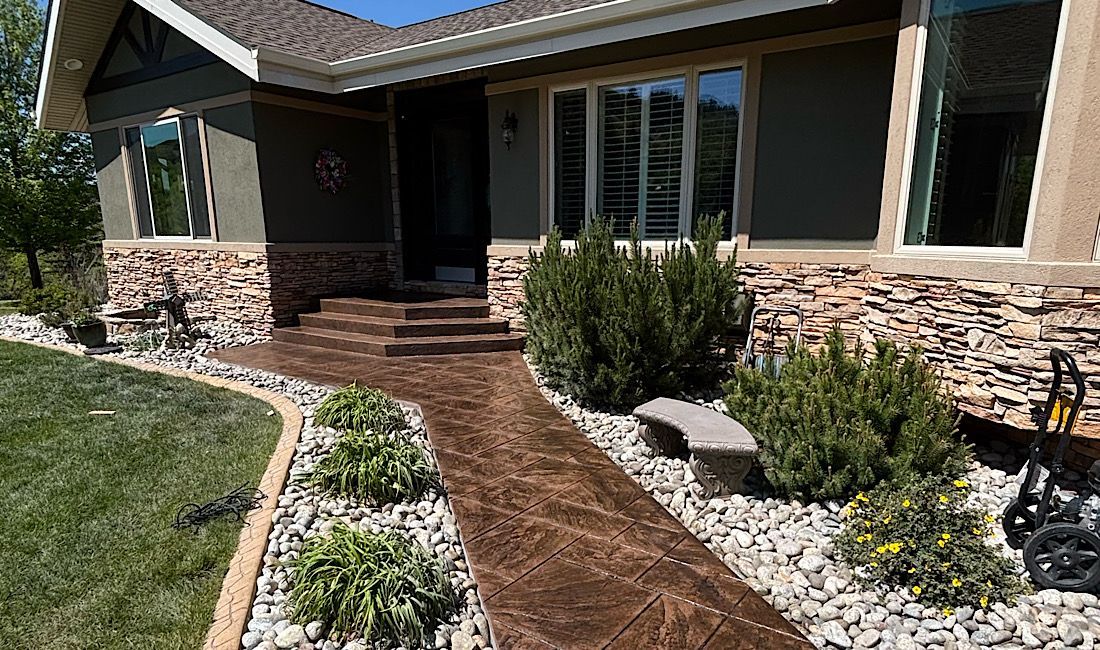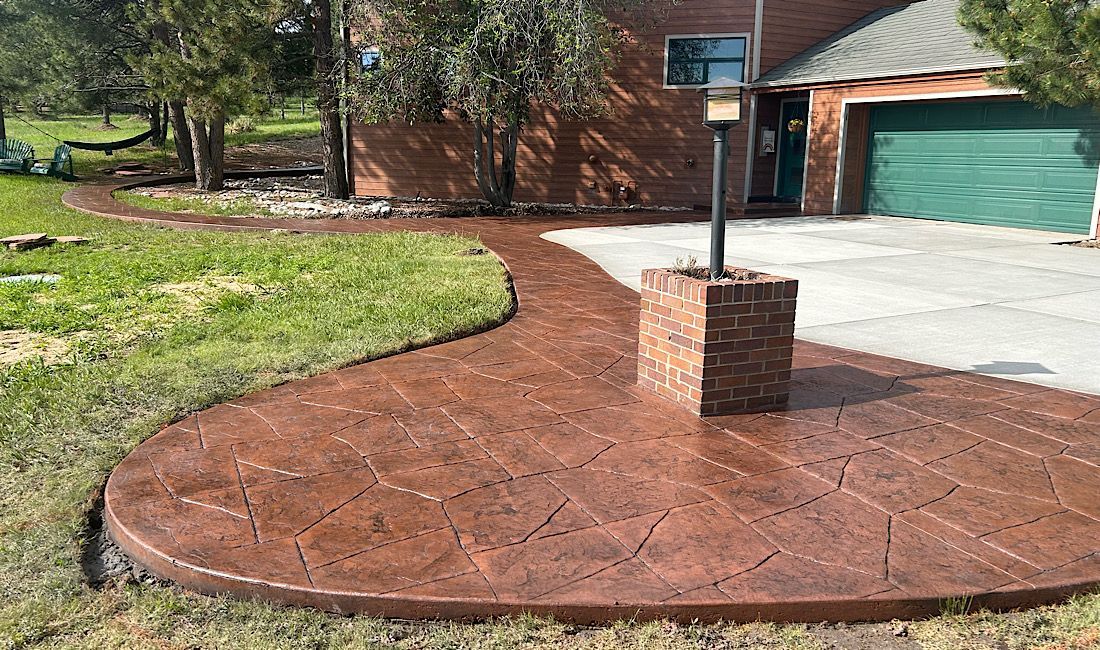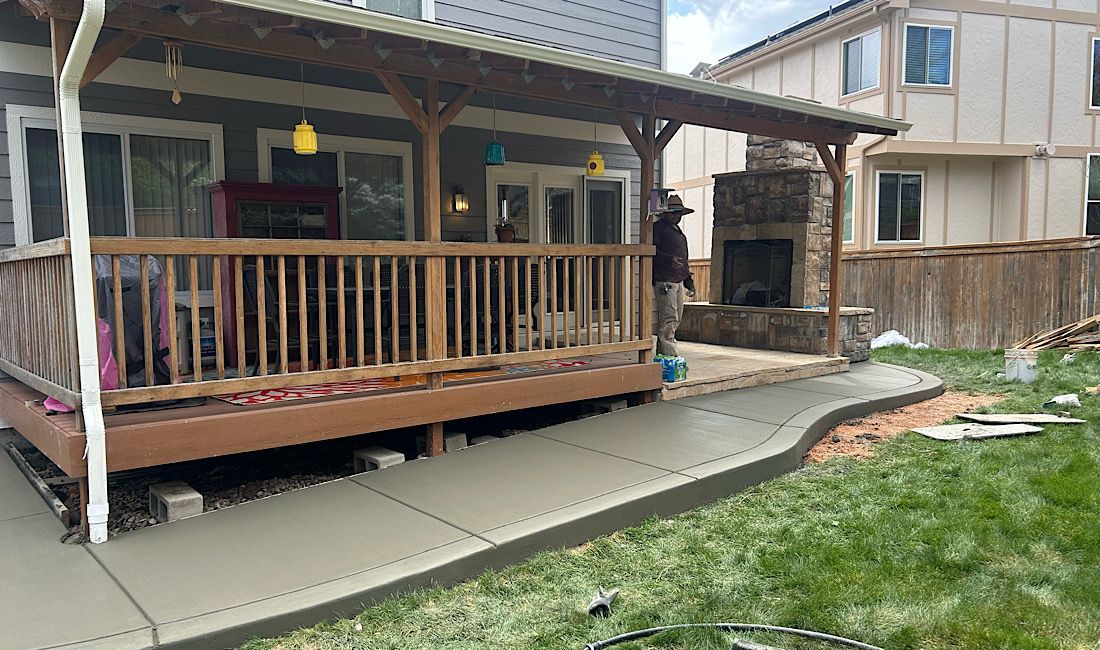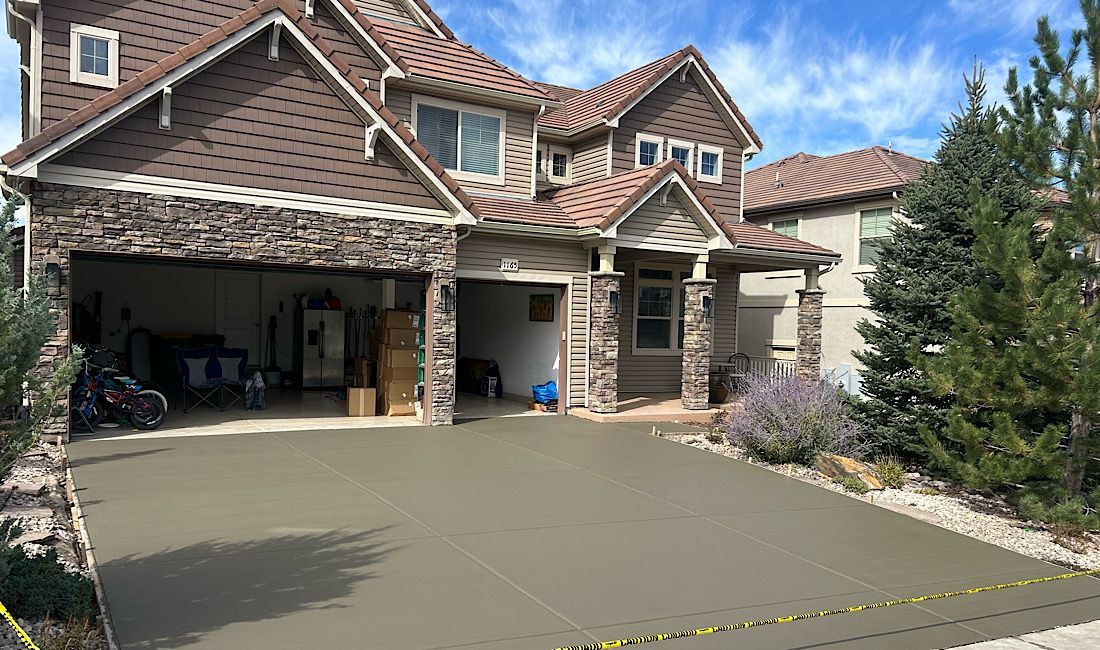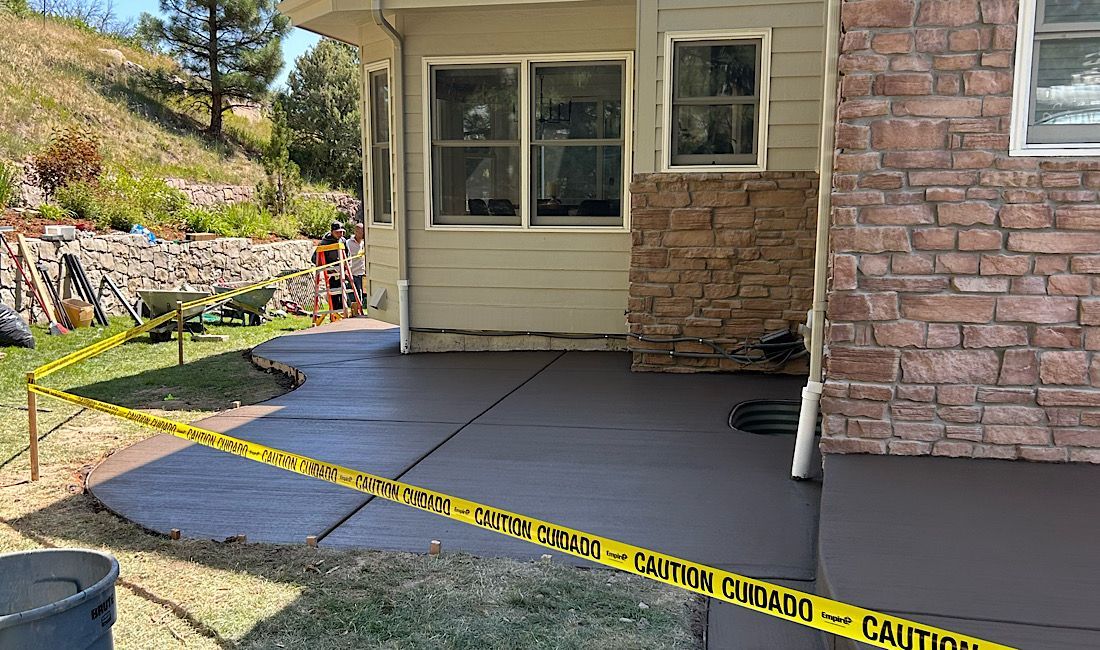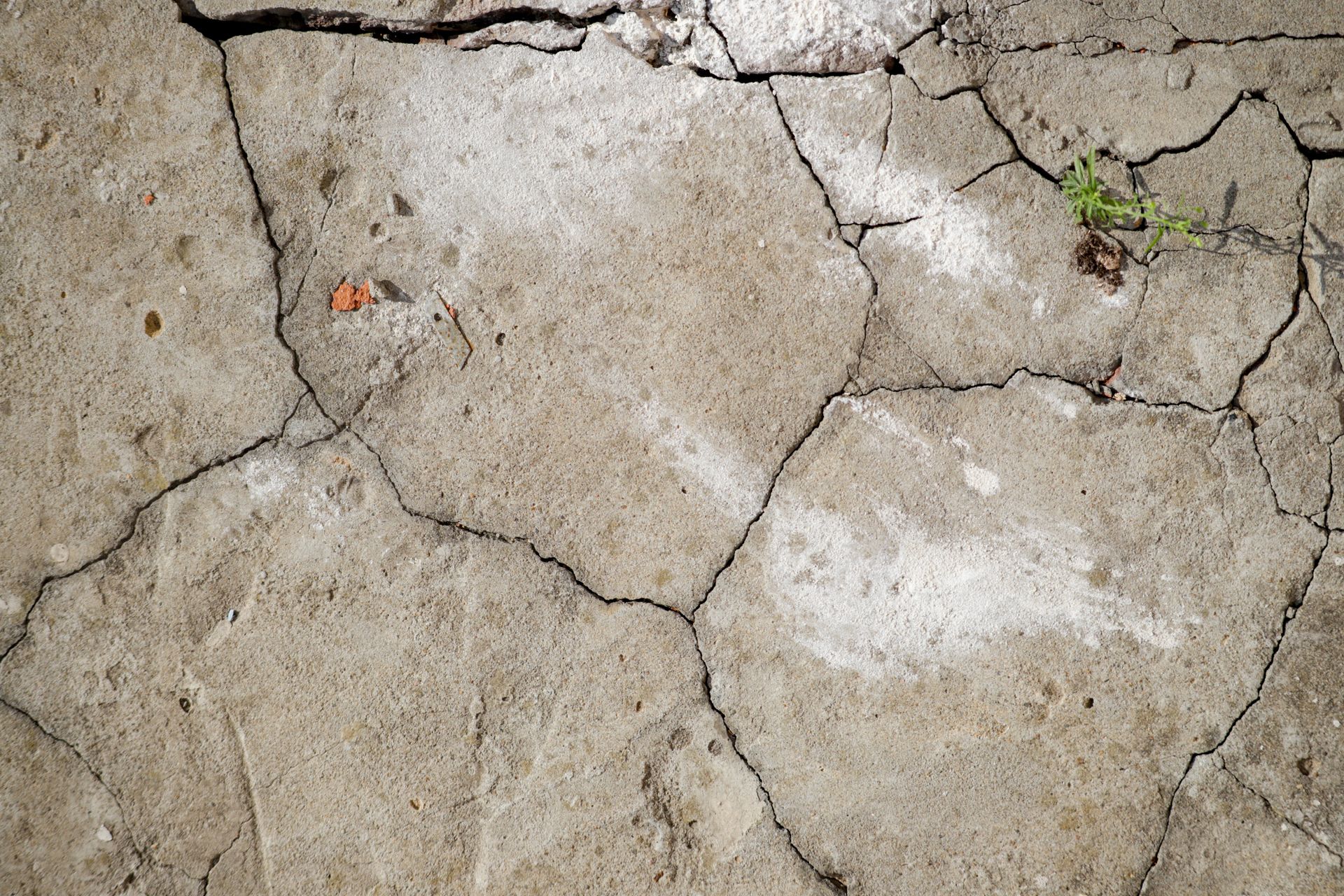
Denver's unique climate presents both opportunities and challenges for homeowners, particularly when it comes to concrete durability. Known for its beautiful sunny days and stunning mountain views, Denver also experiences significant temperature fluctuations and freeze-thaw cycles.
Understanding how these climatic factors affect concrete is essential for maintaining the integrity of driveways, patios, and foundations. This blog will explore the impacts of Denver weather on concrete and provide practical tips for preventing damage.
The Freeze-Thaw Cycle
One of the most significant factors impacting concrete durability in Denver is the freeze-thaw cycle. This occurs when moisture enters the concrete, freezes, and expands during cold temperatures, only to thaw and contract when the temperatures rise. This process can lead to cracking, spalling, and overall degradation of the concrete surface.
How Freeze-Thaw Cycles Work
- Moisture Infiltration: Water can seep into even the smallest cracks and pores in concrete. When temperatures drop, this water freezes and expands, putting pressure on the surrounding concrete.
- Expansion and Contraction: As the temperature rises, the frozen water thaws, and the concrete contracts. This repeated cycle of expansion and contraction can cause cracks to form and worsen over time, leading to structural issues.
- The Impact of Denver's Weather
- Denver’s weather is characterized by rapid changes in temperature, with winter temperatures often dropping below freezing at night and warming during the day.
This variability creates an ideal environment for freeze-thaw cycles, making it crucial for homeowners to take proactive measures to protect their concrete surfaces.
Common Signs of Concrete Damage
Recognizing the signs of concrete damage early can prevent more extensive repairs down the line. Homeowners should be vigilant and look for the following indicators:
Cracks
- Hairline Cracks: While small cracks may seem insignificant, they can allow moisture to penetrate the concrete, leading to more severe damage.
- Wider Cracks: Larger cracks indicate more significant issues, possibly stemming from the freeze-thaw cycle or other environmental factors.
Spalling
- Surface Flaking: Spalling occurs when the surface of the concrete flakes or peels away, often as a result of freeze-thaw cycles or de-icing agents.
- Loss of Integrity: If left unaddressed, spalling can compromise the overall structural integrity of the concrete.
Discoloration
- Stains and Discoloration: Discoloration can be a sign of moisture damage or chemical exposure, which may be exacerbated by freeze-thaw cycles.
Preventative Measures
Taking proactive steps to protect concrete from the harsh effects of Denver's weather is crucial. Here are some effective strategies to prevent damage:
Proper Installation
- Quality Materials: When installing new concrete, ensure high-quality materials are used, as this can enhance durability and resistance to freeze-thaw cycles.
- Professional Installation: Consider hiring a professional contractor experienced in dealing with Denver's climate to ensure proper installation techniques are followed.
Sealing Concrete
- Use of Sealants: Applying a concrete sealer creates a protective barrier against moisture infiltration. This is particularly important in areas prone to heavy snowfall and rain.
- Regular Resealing: Resealing every 2-3 years can help maintain the integrity of the protective barrier and prevent water from seeping into the concrete.
Drainage Solutions
- Proper Grading: Ensure that the landscape is graded away from concrete surfaces to prevent water pooling and reduce moisture exposure.
- Install Drainage Systems: Consider installing drainage systems or French drains to redirect water away from concrete areas, minimizing the risk of moisture infiltration.
Winter Maintenance
- Avoid De-icing Salts: While de-icing agents can help with snow and ice removal, they can also contribute to concrete damage. Consider using sand or environmentally friendly alternatives to reduce the risk of damage.
- Snow Removal: Regularly remove snow from concrete surfaces to prevent moisture build-up and limit freeze-thaw cycles.
When to Seek Professional Help
If you notice significant signs of damage, such as wide cracks or extensive spalling, it may be time to consult a professional. A concrete specialist can assess the condition of your surfaces and recommend appropriate repairs or preventive measures tailored to your specific needs.
Understanding how Denver’s climate affects concrete is essential for homeowners looking to maintain their properties. By being aware of the freeze-thaw cycle and taking proactive measures, you can protect your concrete surfaces from damage and prolong their lifespan. Regular inspections, proper installation, and timely maintenance are crucial for keeping your concrete in top condition.
For expert guidance and assistance with your concrete needs, contact Creteworx at 720-669-7843. Our experienced team can provide evaluations and tailored solutions to help you protect your investment and ensure the durability of your concrete surfaces. Don't wait until it's too late; let us help you safeguard your home from the effects of Denver's unpredictable weather!
